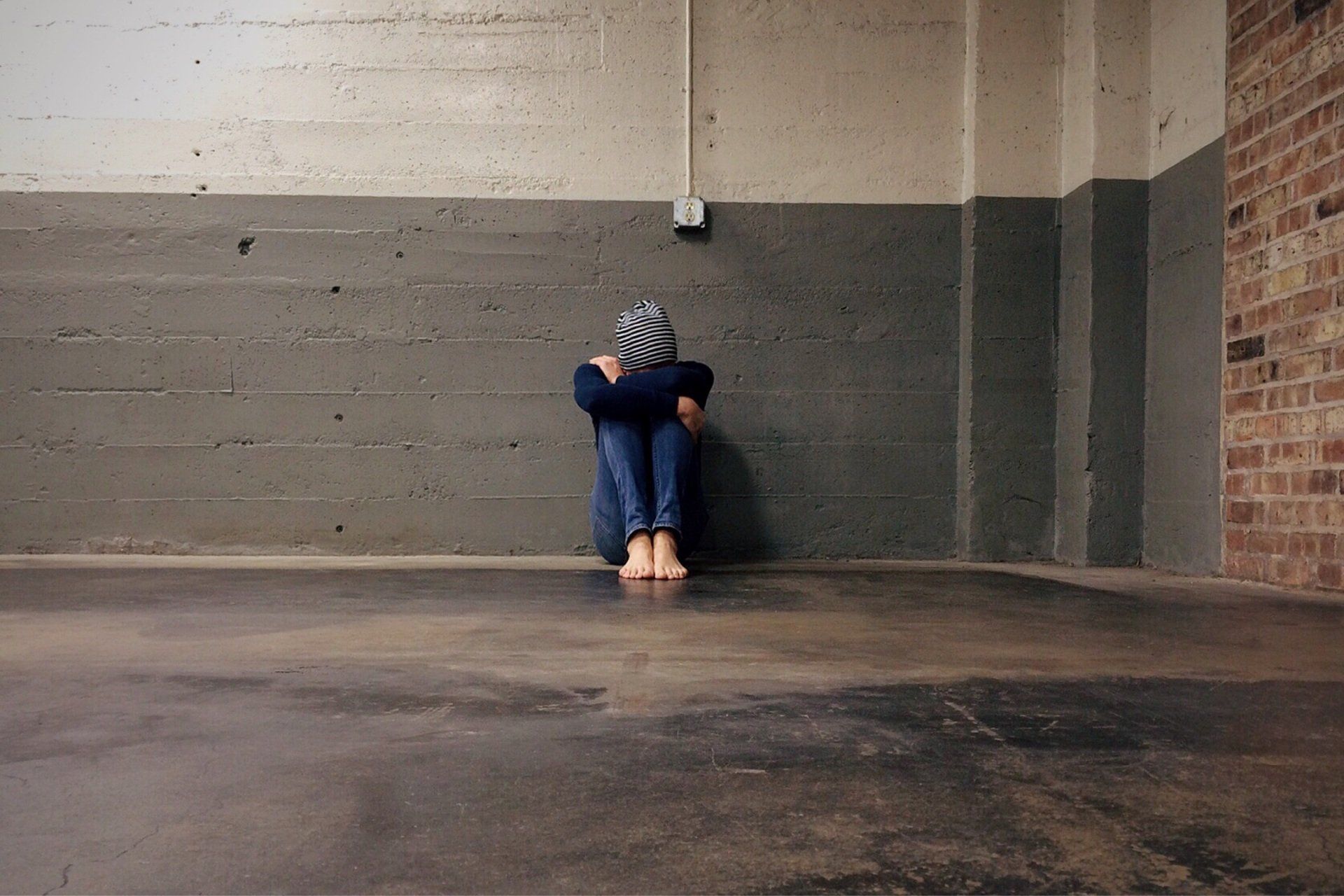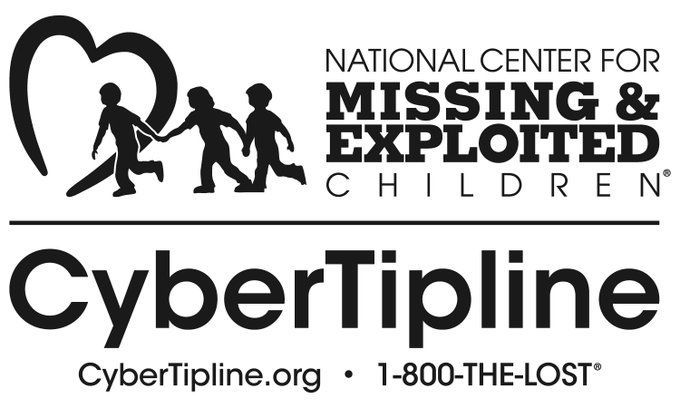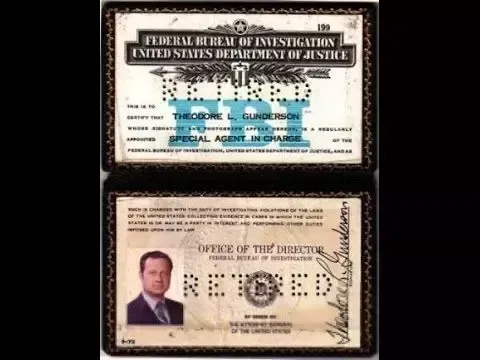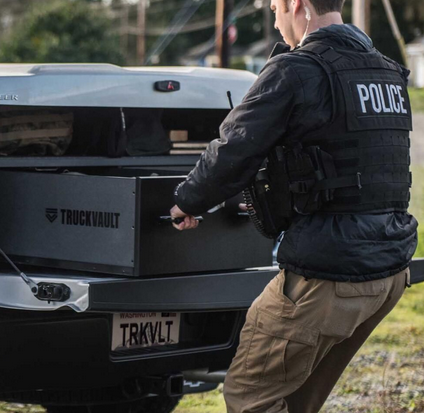Sound of Freedom, Fact or Fiction?
February 24, 2024
The Sound of Freedom movie has highlighted the crime of international human trafficking while also providing misleading information related to offenses involving child pornography. I want to begin by saying that overall, I enjoyed the Sound of Freedom movie on a cinematic level. Like most movies loosely based on contemporary events, Hollywood will undoubtably take creative license to adapt a storyline for the big screen. This flick was no different, and while sobering, it was also “entertaining.” I would encourage anyone who enjoys law enforcement type movies to see it for that reason alone. Jim Caviezel has always been a good actor and he does a great job portraying himself as a Special Agent in this film. However, the major problem with Sound of Freedom (in my opinion) is the inaccurate way in which it depicts the problem of child pornography or child sexual abuse material (CSAM) in our society, as it relates to human trafficking. As someone who still works for Homeland Security Investigations - HSI (as portrayed in the movie) and as a member of the Internet Crimes Against Children (ICAC) Task Force, I believe that this is an important topic to clarify in the interest of public safety. Parents should be well informed regarding the abhorrent threat of pedophilia that faces their children every day on the Internet. To put it bluntly, if your child is alone in their room on an unmonitored electronic device, then you are allowing them to be potentially exposed to this criminal threat while actively reading this article.
Before addressing the more egregious issues with Hollywood, I would first like to address some of the creative license taken with depictions of law enforcement in this movie. To begin with, the home entry in the beginning of the movie appears to be a “no-knock” search warrant, where they sneak up on a pedophile and violently (not to mention comically) tackle him while he is watching child pornography on the computer. Now I have routinely conducted search warrants where subjects are caught in the act, however, a no-knock child pornography search warrant is virtually unheard of within the law enforcement community. It is generally not worth risking the life of an agent or officer to surprise a criminal and attempt to stop them from potentially deleting evidence on their computer. Usually by the time a search warrant is obtained, law enforcement has quite a bit of digital evidence stacked against the subject. If suspects are miraculously successful in deleting digital evidence during the standard “knock and announce” protocol, it can usually be recovered via standard forensic tools. We typically begin most search warrants by calling upon all occupants to come open the front door and detain them at the entrance. If someone is subsequently encountered in a room during the clearing of a residence, they will be given commands and detained in a tactically sound manner, which doesn’t generally include tackling them at their computer chair like some NFL linebacker. Tackling someone is a form of force that can cause severe harm to all involved parties. That type of force would generally not be appropriate unless the individual posed a physical threat that warranted immediate action.
In the movie, after the search warrant is executed, the subject is detained in the fictional HSI special agents’ field office holding facility. Later in the evening, the agent removes the subject from the holding cell by himself and interviews the subject in what appears to be the lobby of the field office. Realistically, although some federal agency offices have holding cells for temporary use, they typically do not meet the requirements for overnight holding. Subjects arrested by federal agents are generally booked into a local sheriff facility on a courtesy hold until the next day, when they can be turned over to the US Marshals Service at the federal courthouse for their Initial Appearance. Also, Special Agents NEVER conduct suspect interviews alone (full stop). We especially don’t interview arrested subjects alone in the lobby of our field offices late at night while smoking a cigarette. Additionally, the entire chain of events surrounding the undercover work that took place afterwards was also completely unrealistic and border line absurd.
Another dramatized portion of the movie depicted the HSI Special Agent tearing up as he sat in his cubicle while he reviewed a video that is obviously meant to be child pornography. To begin with, the case agent in the movie would most likely not be able to immediately review the evidence discovered on the subject’s computer due to the time needed to properly seize digitally forensic material. Typically, the evidence would have been collected at the scene, processed forensically, and provided to the agent for review later in a computer laboratory environment. Additionally, seasoned Special Agents, like the one “allegedly” depicted in this move, must view child pornography, and describe it in detailed affidavits as a regular part of their job. They are professionals despite a difficult job that requires unwaveringly and unimpeachable conduct to ensure the best outcome of a criminal investigation. The behavior depicted in the film might happen with a new agent, but rookie criminal investigators won’t last long in this profession if they can’t learn to review evidence in an objective and dispassionate manner (i.e., without crying). This would be like a seasoned 10-year homicide detective getting emotional at yet another murder scene. Every law enforcement officer who works child cases will probably be scarred for life in some way, but we do it for one simple reason, “because someone has to” on behalf of the child victims.
My very first assignment with HSI was on a Child Exploitation investigative group and my supervisor immediately asked me if I was okay with working on these types of cases. As is now standard practice at most agencies, special agents can choose not to work child exploitation cases if they don’t want to, no questions asked. I recall telling my supervisor that while I had not initially planned on focusing child sex crimes, I knew that if I wasn’t willing to do it, someone else would have to step up in my place. I now plan on working these cases for the rest of my career because I have found them to be extremely rewarding and I don’t want to pass the burden off to fellow investigators. Personally, I don’t believe that agents should be allowed to avoid working these types of cases, especially if you work at agencies (i.e., HSI & FBI) or offices that have major responsibility for child sex abuse crimes. If you want the job as a federal criminal investigator with certain agencies, then accept that child exploitation related crimes come with the territory. Moreover, every law enforcement officer that I have ever met on an ICAC task force or in a child exploitation group is overworked and has more leads and cyber tips than they can possibly handle; meaning they can seriously use all the help they can get. This further reinforces my viewpoint: If you don’t want to EVER work child exploitation cases, then simply go work for an agency or office that doesn’t investigate them. There is nothing wrong with wanting to avoid these cases or wanting to specialize in a different investigative area. Make an affirmative choice to work at an agency that does not work these crimes (i.e. DEA or ATF). However, if you work in a small HSI or FBI office where agents are expected to cover all investigative areas then sometimes you might have to investigate child pornography, otherwise you are creating significantly more work for your co-workers and cowering from this righteous fight. If you find these cases triggering, horrifying, or are worried that it’s going to mentally scar you for life then congratulations, you are a normal person and yes, it probably will. Now, imagine how much worse it must have been for that exploited and sexually abused child.
There are now a myriad of online articles dedicated to going over the historical accuracy of the movie, so I will not rehash them on this post. Some of it is true some of it is not, that’s Hollywood. Anyone that relies on movies for historical or factual accuracy is sure to be disappointed. Personally, my biggest problem with the Sound of Freedom is simply the way it confuses the crime of human trafficking with child pornography. Many people have supported this movie because it shines a light on the horrific world of human trafficking, or as I prefer to describe it more accurately in certain cases as “rape slavery.” The legal term “human trafficking” encompasses multiple statutes that might confuse the non-legal audience as it involves two different criminal categories in the federal system, namely sex trafficking and labor trafficking. Title 18 of U.S. Code §1590 relates to trafficking with respect to “peonage, slavery, involuntary servitude, or forced labor,” while 18 U.S. Code §1591 relates to sex trafficking of children or by “force, fraud, or coercion” of an adult. Watching this movie seems to leave you with the impression that the biggest risk to children is “human trafficking”. This is simply untrue and not supported by the annual tally of arrests, indictments, and convictions. This movie also confuses audiences with the perception that trafficking primarily affects very young children. This is also not true. Unfortunately, there are a myriad of statistics related to human trafficking worldwide which often inaccurately combine labor and sex trafficking; making the overall issue difficult to understand. I encourage you to research these statistics for yourself, but essentially it comes down to this, commercial child sex trafficking in the United States is very rare while the possession and distribution of child pornography is shockingly widespread.
According to the National Center for Missing and Exploited Children “In 2022, the CyberTipline received 32,059,029 reports.” 31,901,234 of those reports were related to child sexual abuse material (CSAM) otherwise known as child pornography. Only 18,336 of those reports were related to child sex trafficking, which is a significantly lower number in comparison. (On a side note, Child Sexual Abuse Material (CSAM) is the preferred term now used by NCMEC and many other groups to include law enforcement. The term “Child Pornography” is still often used because it is the legal term used in the statutory language passed by Congress in Title 18 of the United States Code. Just like alien is the correct legal term, not immigrant.)
Another fact that might not be widely known regarding human trafficking and child pornography investigations is that these two investigative categories do not usually overlap. Not only are these two entirely different investigative areas but the crimes themselves have different elements. Realistically, child sex trafficking is what the movie Sound of Freedom sets out to portray. The crime of Child Pornography was simply used in the movie plot as an explanation for why the investigating agent started working Human Trafficking cases. The question posed in the movie regarding how many children have been rescued, makes it seem like these children are still out there somewhere. Because of this movie I now get asked questions like “what happened to the child” or “what did you do about the children.” This over-simplification only added to a common misunderstanding related to child pornography investigations. This type of simplification often happens in movies for dramatic effect or because it’s easier for the audience to understand.
Typically, child pornography investigations confusingly have nothing to do with human trafficking or live victims. Most cases involve someone possessing, distributing, or receiving, child pornography that has been endlessly shared on the internet for several years. Many of these abused children were already rescued years ago and it is not uncommon for them now to be adults. Nevertheless, children that were abused to generate child pornography often continue to be re-traumatized and haunted by the ongoing online distribution of their abuse. While the child is being re-victimized every time these old videos and images are shared, there is no “victim” to actually rescue in most instances. Another inaccuracy that the movie seemed to imply is that child pornography results from child sex trafficking. This is also usually untrue. The last thing someone engaged in paying for this type of illegal activity would want is digital evidence that it occurred. The truth is much worse and makes people even more uncomfortable, which is probably why it wasn’t highlighted in the movie. While films from child sex tourism do exist, I would estimate (based on my professional experience) that most online child pornography was created by someone in a position of trust. It often involves a family member, babysitter, teacher, a doctor; or these days the child is tricked into creating and sharing it online themselves. Once created this illegal content is quickly shared online with other pedophiles that either don’t have access to children or who have not worked up to becoming a hands-on offender themselves. Most of these exploited children have not been “trafficked” in the traditional understanding, rather, they have been assaulted by the people in their lives who they thought they could trust the most.
As I said in the beginning of this post, the biggest problem with Sound of Freedom is the inaccurate correlation between human trafficking and child pornography. This has caused parents to be overly concerned about the dangers of international child sex trafficking and left them largely uninformed about the more prevalent danger of online pedophiles and people in a position of trust with access to their kids. On day-to-day basis in the United States, it is very unlikely that your child will be exposed to the risk of being “trafficked.” However, every time your child connects to the Internet there will likely be a pedophile online that is actively targeting children. The only question is whether they are going to connect with your child or someone else’s. Recently the world of financial fraud and online scams has even crossed over into the world of child pornography by way of sextortion. People in Third World countries have realized that most teenagers in the US have access to a phone and more importantly, money. Even small amounts of money by our standards makes these teenagers a target. Outside of the Internet, it is important to remember that the biggest risk to your child is most likely someone they know and you personally trust.
Based on experience, I would guess that most children these days are still allowed to use the Internet without parental monitoring. Many parents do not know where to start and unfortunately most of the widely known child security applications cost money. However, there are now great free options available from Apple, Google, Microsoft, and others for monitoring a child’s device. There are many outstanding and free resources online from organizations like NCMEC. You should absolutely know what applications are on your child’s smartphone and be aware of who they are talking to and what capabilities come with their provided electronic devices. A good rule of thumb is making sure that they only talk to people they know in real life. Most importantly, simply make sure that children always know they can come to you with anything strange or unusual that happens, online or in person, regardless of the circumstances. If someone ever makes them feel uncomfortable or tells them to keep an unusual secret, then they should immediately come talk to you. Parents should be the first line of defense for their children. Don’t ignore this responsibility because you aren’t “tech savy” or because you don’t want to take the time to learn how parental controls work. You can find many resources online like the HSI iGuardian program, the FBI Safe Online Surfing program, and NCMEC’s Resources for Parents, Educators & Communities.
-Contributed by an HSI Special Agent











